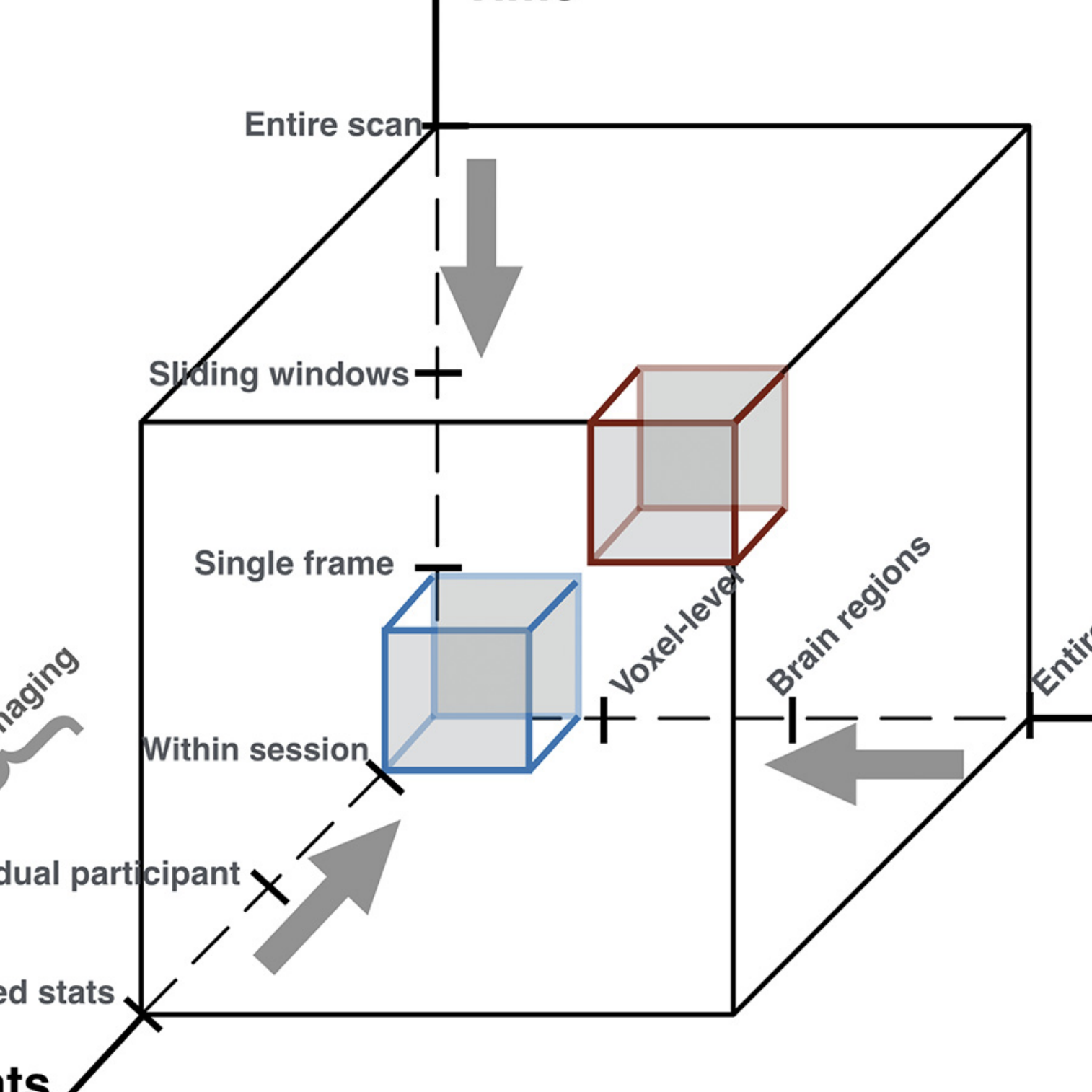Abstract
To accurately detect, track progression of, and develop novel treatments for mental illnesses, a diagnostic framework is needed that is grounded in biological features. Here, we present the case for utilizing personalized neuroimaging, computational modeling, standardized computing, and ecologically valid neuroimaging to anchor psychiatric nosology in biology.
Significance Statement
There is a growing recognition that the boundaries of human neuroimaging data acquisition and analysis must be pushed to ground psychiatric diagnosis in biology. For successful clinical translations, we outline several proposals across the four identified domains of human neuroimaging, namely, (1) reliability of findings; (2) effective clinical translation at the individual subject level; (3) capturing mechanistic insights; and (4) enhancing ecological validity of lab findings. Advances across these domains will be necessary for further progress in psychiatric neuroimaging.
